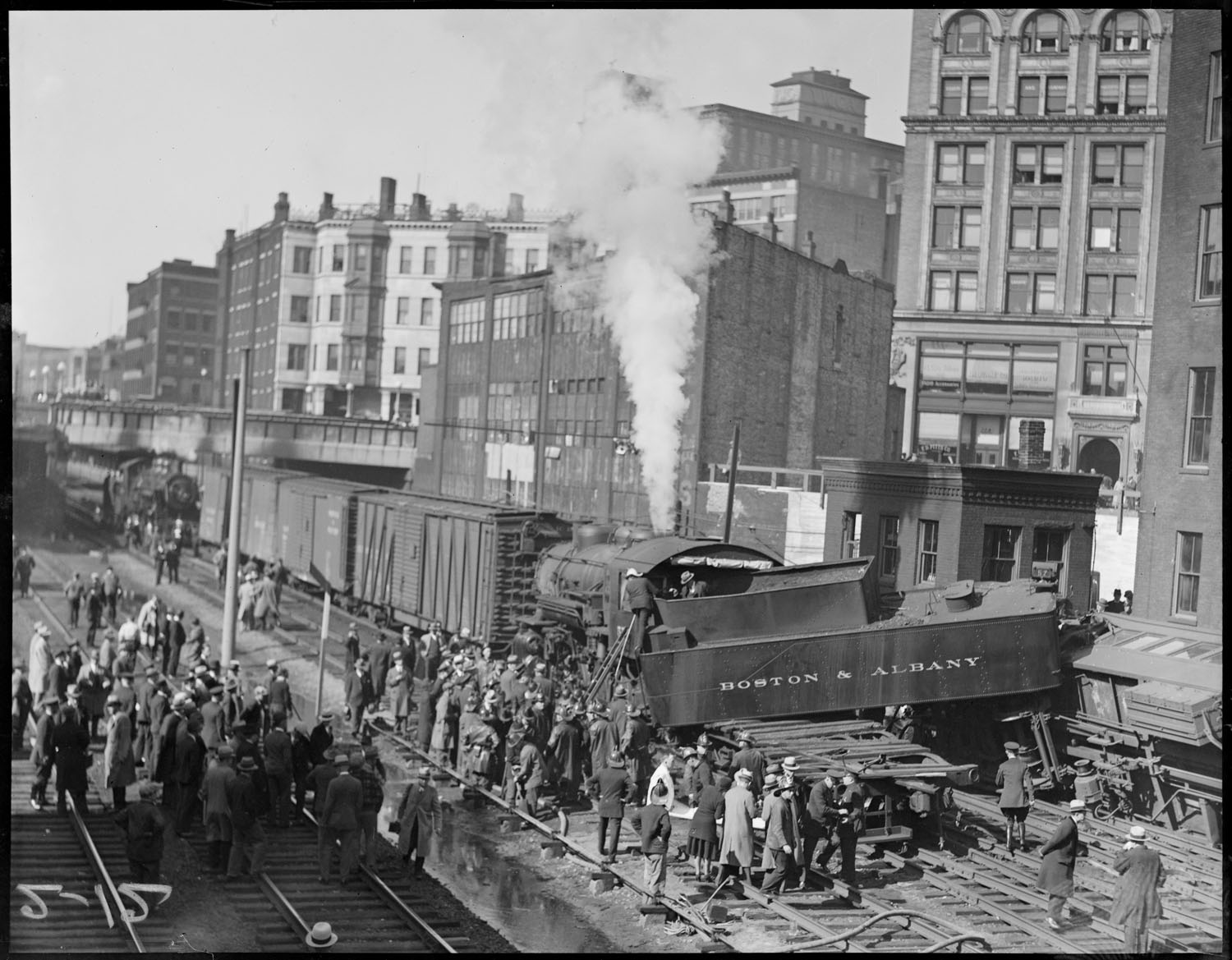
Podcast 26 - Security, Maintenance and A Plan for Overnight Bus Service
Many things led to the end of the most recent attempt to extend MBTA service late into the night, and the latest MBTA mitigation proposals don't really solve the problem. But what if, instead of trying to cater to the college entertainment demographic, we designed a comprehensive overnight network focused on people working early or late?
Ari Ofsevit, transportation planner and the Amateur Planner (@ofsevit), joins us as we consider (40:22) what a useful and affordable overnight network would look like, and how to finally make it happen. Building on the T's existing but little-known early morning trips (full details), we could have a citywide bus network that runs all night, every night. And no, the private sector is not the answer.
First we talk transit security in light of the increasingly frequent bombings around the world, and consider what the recent WMATA and BART shutdowns might tell us about the MBTA infrastructure. Also, why being honest about our situation and advocacy for their needs would earn the MBTA a lot of respect.
TransitMatters advocates for fast, frequent, reliable and effective public transportation in and around Boston. As part of our vision to repair, upgrade and expand the MBTA transit network, we aim to elevate the conversation around transit issues by offering new perspectives, uniting transit advocates and promoting a level of critical analysis normally absent from other media.
Like what you hear? Share it around, tell your friends and colleagues, and subscribe to the blog and podcast (on iTunes) to be notified of new posts and episodes. Support our work by becoming a member, making a donation or signing up to volunteer because we can't do this alone. Let us know what you think: connect with TransitMatters on Facebook or Twitter. Follow Jeremy Mendelson @Critical Transit, Josh Fairchild @hatchback31, Jarred Johnson @jarjoh, Marc Ebuña @DigitalSciGuy, or email us here.
Guest Podcast - Critical Transit: Train Crashes ARE Preventable

This year has been a big year for train safety issues, in particular for nearby Metro-North Railroad in New York and Connecticut.
How safe are our trains and at what cost can we have better safety?
Last week I had a chat with Jeremy of Critical Transit talking about these critical questions about safety, including some national trends that affect commuters in Boston on a daily basis.
Ultimately, many train crashes are preventable. Computer systems on the Orange Line, Red Line, and many lines on the commuter rail protect passengers daily. The Blue Line still relies on the same physical automatic train stop system used in New York, but the Green Line still desperately needs a $721 million safety upgrade. The South Coast Rail commuter rail expansion will cost well more than twice that. Which do we fund?
While we don't have high speed trains running through our tunnels, similar safety systems that could have prevented this summer's accident in Spain could prevent the next Green Line accident.
Categories
- Children (1)
- Diversions (1)
- Olympics (1)
- MAPC (2)
- Red–Blue Connector (2)
- Urban Design (3)
- Bus (4)
- Fares (4)
- Late Night Service (4)
- MBTA ROC (4)
- Silver Line (4)
- Snow (5)
- Blue Line (8)
- Emergency (8)
- Orange Line (8)
- Public Comment (8)
- Maintenance (9)
- Operations (9)
- Signage (9)
- Fare Collection (10)
- Labs (11)
- Safety (11)
- Planning (12)
- Communication (14)
- MBCR (14)
- MassDOT (14)
- Green Line (16)
- History & Culture (16)
- Red Line (18)
- MBTA Bus (21)
- Commuter Rail (24)
- Advocacy (26)
- Capital Construction (28)
- Politics (30)
- Podcast (35)
- News (38)
- Media (40)
- Funding (42)
- Statements (50)
- MBTA (57)

